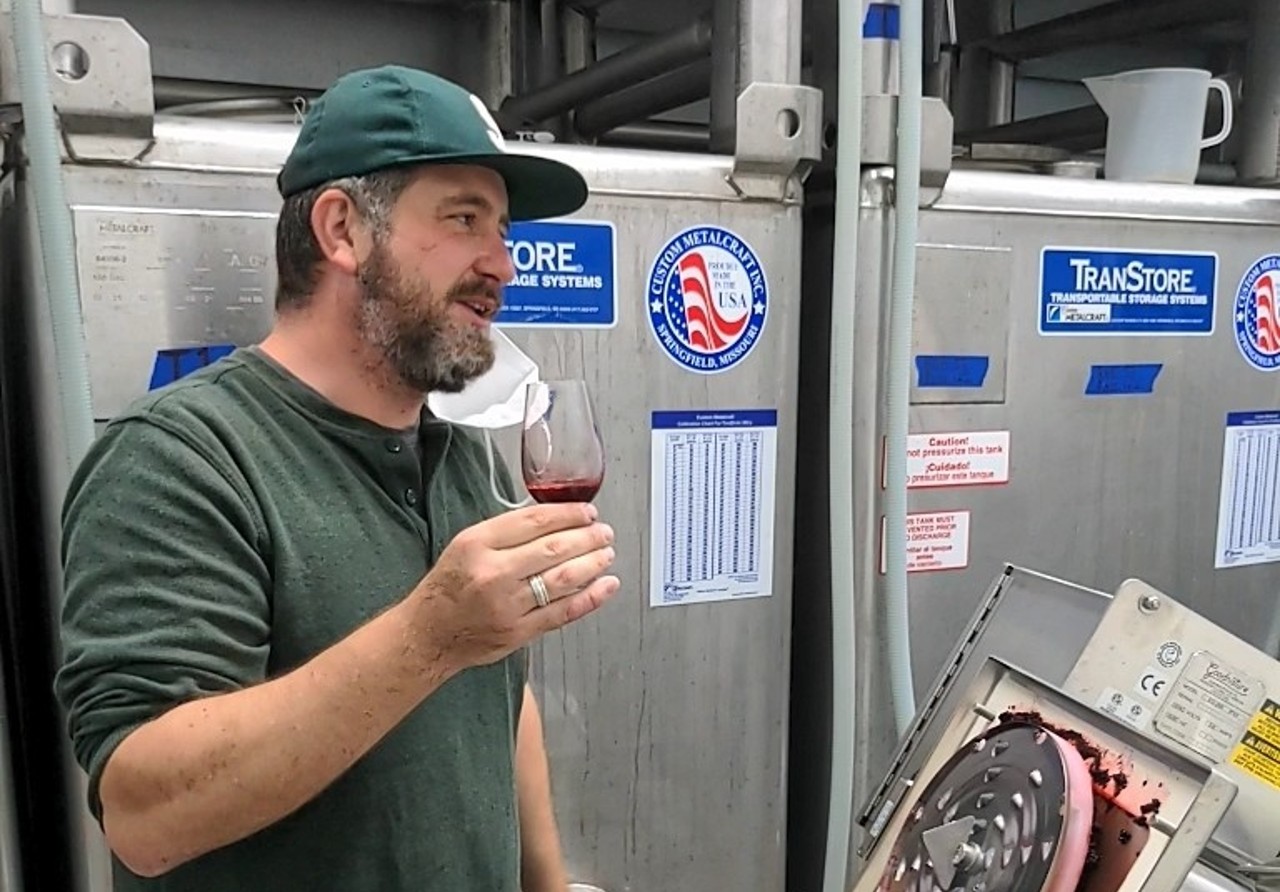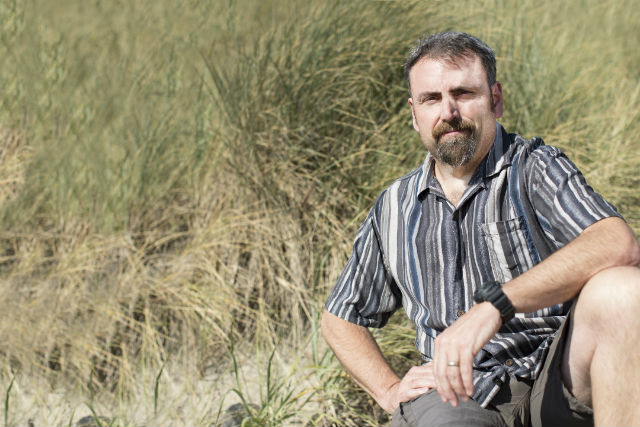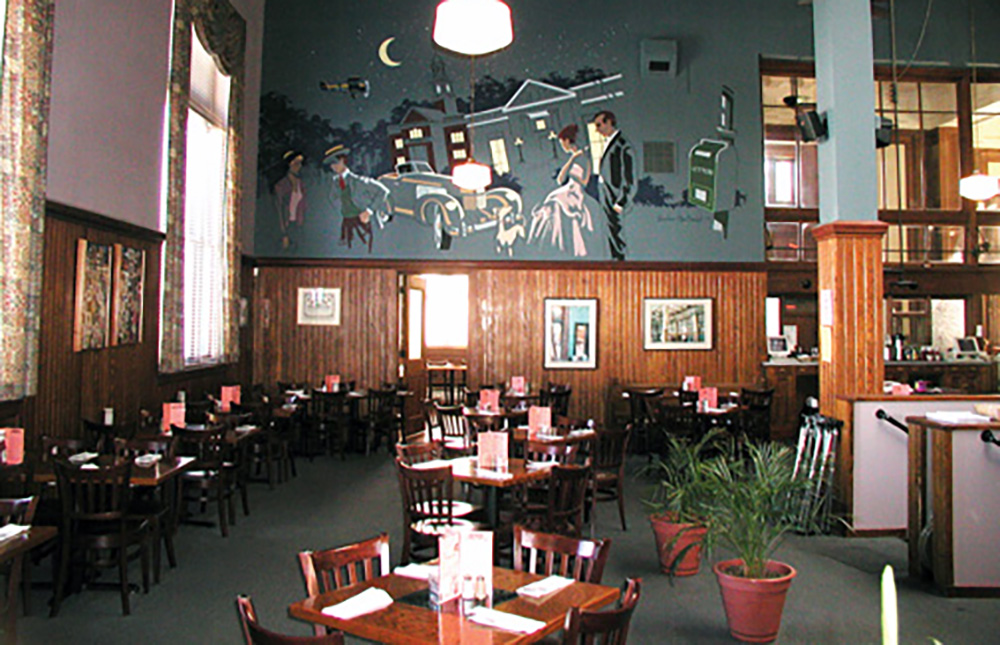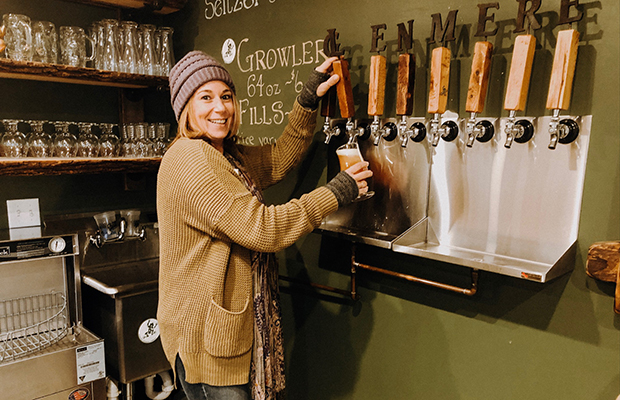
Texas Keeper co-owner Nick Doughty made wine before he made cider, but he worked in an orchard before he made wine.
In a story that’s as familiar to the industry as alcohol itself, Doughty was law school bound and had been a graduate student studying something completely unrelated to agriculture, wine, cider or anything like it when he was bitten by the agriculture bug.
“I had moved down to New Zealand when I was 24 and was working in some bars and restaurants before I ended up working a season in the apple orchards,” said Doughty, who grew up in Austin, Texas. “I had never worked in agriculture and I thought it was a great job.”
He found every aspect of ag satisfying — being outside, physical exertion, and producing something tangible.
“After grad school I realized the best job I had ever had was working in the orchards,” he recalled. “So I went to Lincoln University — the big agricultural school in New Zealand — to study winemaking. I was assigned a row of grapes, got to watch it for a year and make wine out of it. I found it very satisfying.
“The school had apple presses, so some of the other grad students and I started buying apples to make cider. We were poor students who wanted something to drink, but we also wanted to play around with fermentation so we started making cider pretty regularly. That’s when the whole thing started to click.”
He worked with Austin Eastciders for awhile before peeling off and opening Texas Keeper, he said.
Texas Keeper’s style of dry, barrel-aged ciders leans into a winemaking-like philosophy, highlighting specific varietals. Doughty knew he wanted to do something unique with cider, but the first thing to do was create a foundation so he knew what he was working with.
He said one of the biggest differences between working with grapes and working with apples is its easier to have a greater knowledge base of what a good wine should taste like than a good cider. It’s more standardized.
“We pulled interesting apple varieties, very specific fruit,” Doughty said. “When you’re making Pinot Noir, you can taste a lot of great examples of what Pinot Noir should taste like. You can’t do that as easily with Ben Davis.”
To get a base understanding of what apples would taste like fermented, Doughty followed a procedure. They pressed all apples by variety, and fermented each one with a neutral white wine yeast to see how each varietal behaved when fermented before they began riffing, he said.
“We were able to see what characteristics we could expect from each varietal, and create a level of understanding first before we could begin experimenting,” Doughty said. “Winemakers talk a lot about terroir, but what gets lost in wine is there is a lot of blending and working with variables. We get a lot of variables from each fermentation cycle, and we can blend them to make our ciders stronger.”.




Be the first to comment